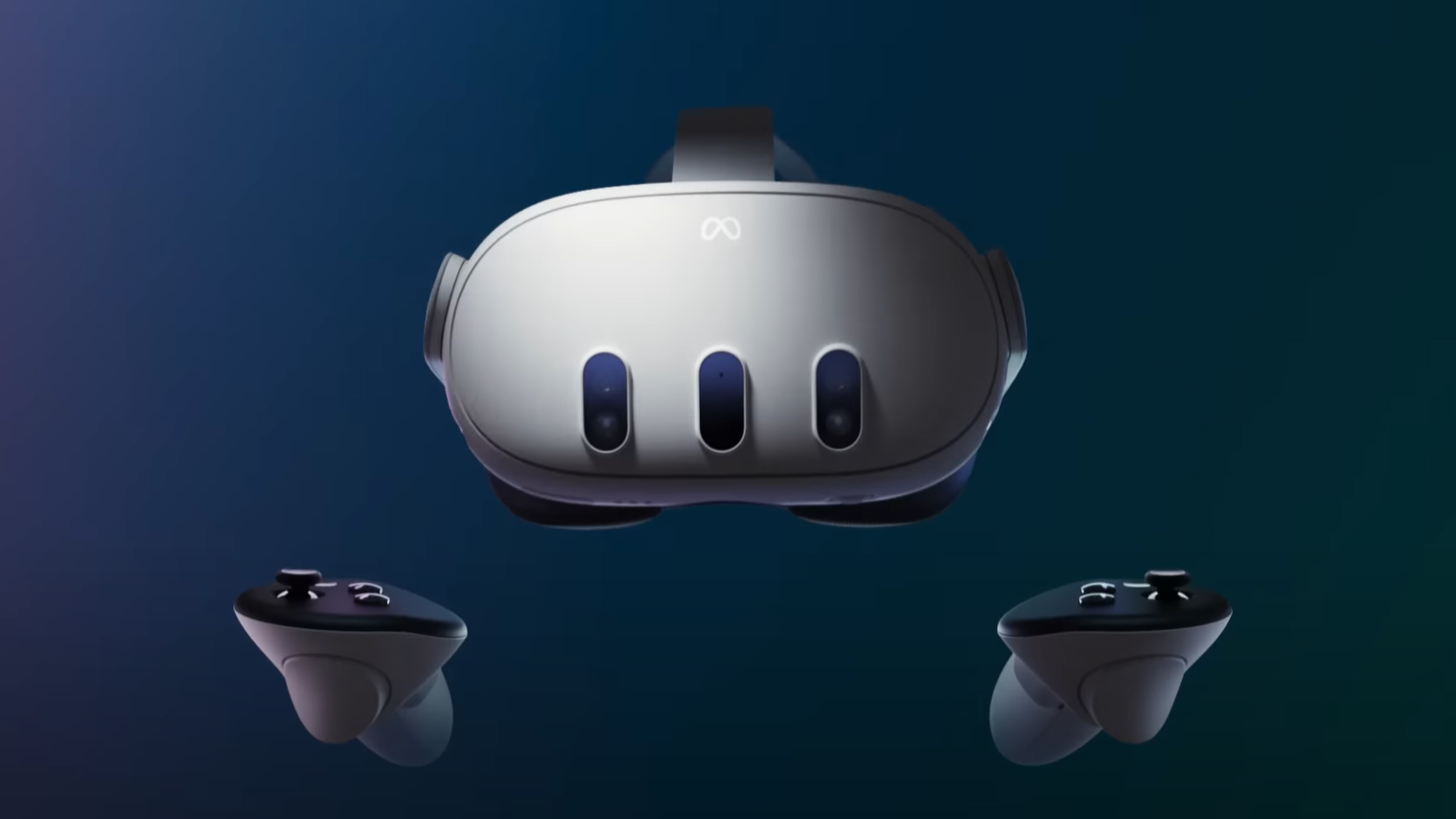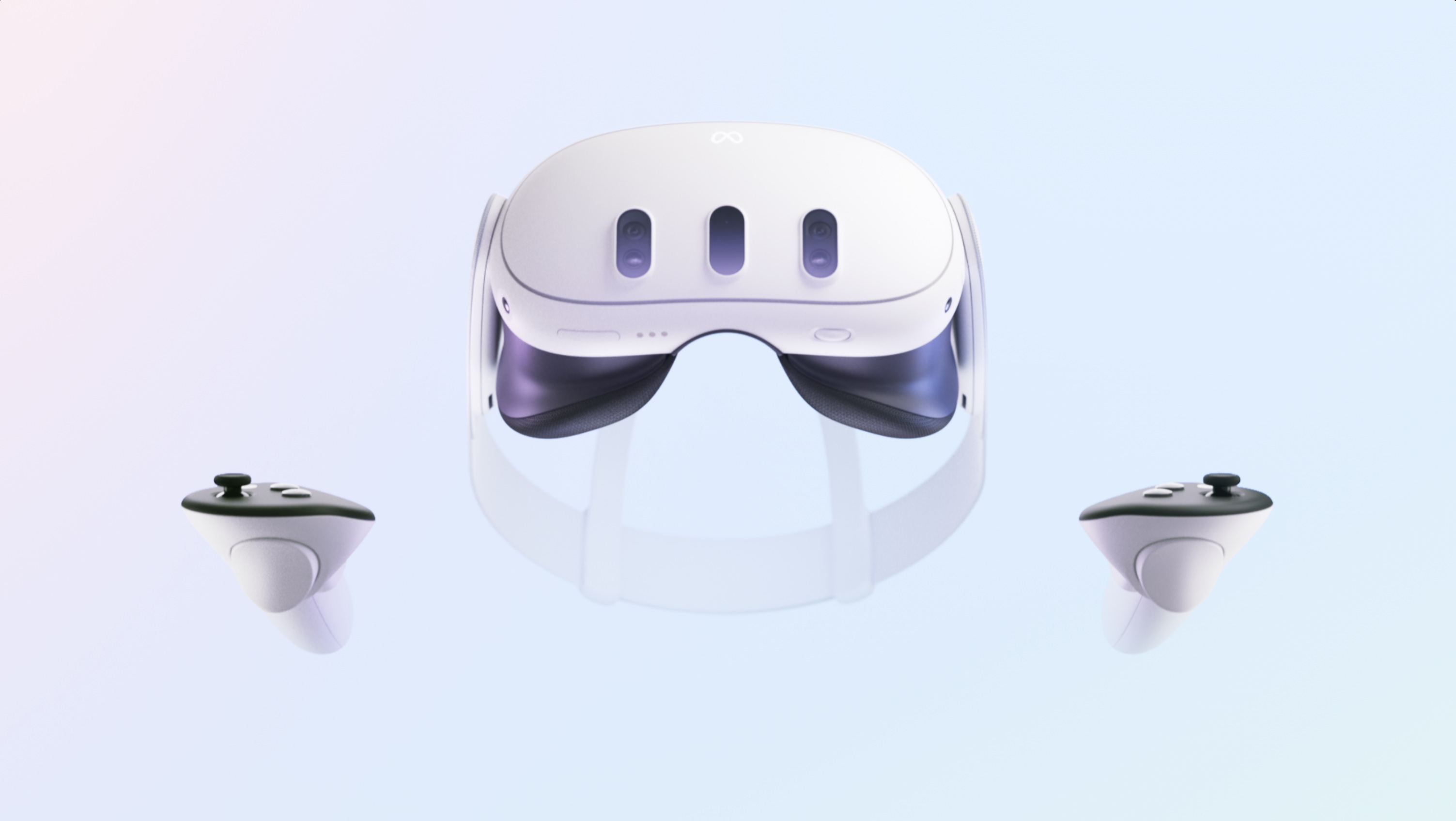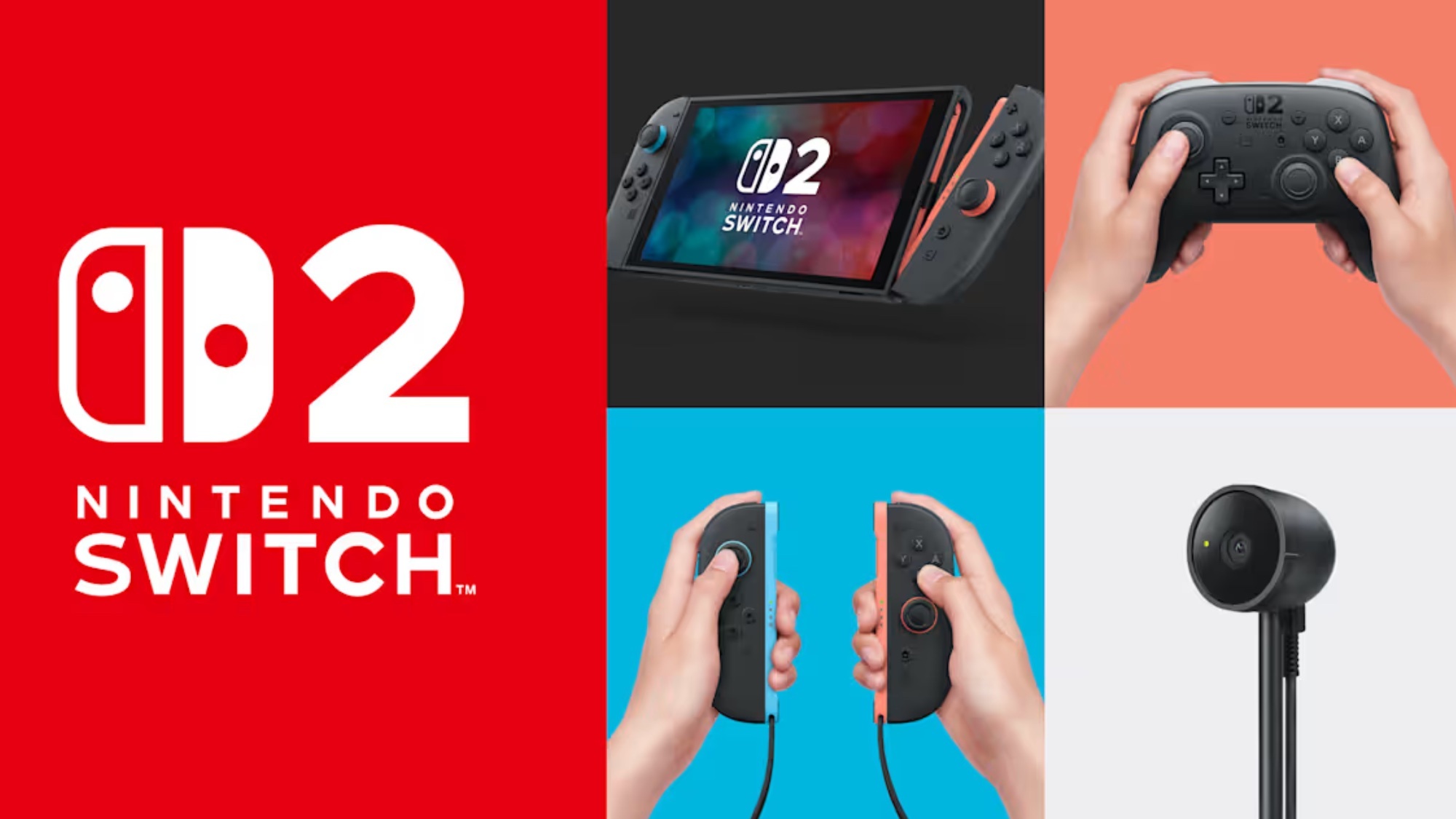Meta Quest 3 display resolution revealed by Best Buy — here’s what we know
Plus, a few other Quest 3 details uncovered

When we got a surprise announcement for the Meta Quest 3 ahead of the Meta Quest Gaming Showcase, Meta promised “our most powerful headset yet.” It also promised a 40% slimmer design and new Touch Plus controllers. But there were still some mysteries left to uncover about the new VR headset.
Now we know a bit more about what to expect. The Quest 3 is now available to view on Best Buy’s website and it’s clearly not a leak. And while you still can’t pre-order the Quest 3 yet, the product page does give away a couple of new hints about what is coming with Meta’s next mixed reality headset beyond what we already knew.
The biggest news is the display resolution, which the product page overview says is Meta’s “highest resolution display.” But Meta gets more specific than that, stating that the Quest 3 display will be a “nearly 30% leap in resolution from Quest 2.”
Update on Quest 3 Displays prediction:It uses LCD display(s) with a resolution of 2064x2208 per eye running up to 120hz at launch pic.twitter.com/ZuLHd8URICJanuary 10, 2023
This figure tracks with expectations. We've been expecting a resolution of 4,128 x 2,208 pixels — or 2,064 x 2,208 pixels per eye. This figure has been touted by prominent VR experts like Bradley Lynch, who tweeted a prediction that the Quest 3 display would be a 120Hz LCD screen with a resolution of 2,064 x 2,208 per eye. And given that the Meta Quest 2 display resolution was 1,920 x 1,832 per eye, 2,064 x 2,208 would be within the range of a “nearly 30% leap.”
Also, we now know that it will be an LCD display in the Quest — sorry if you were hoping for the Micro OLED displays of the Apple Vision Pro or the OLED display on the PSVR 2. While both of those VR headsets will now almost certainly have superior visual fidelity compared to the Quest 3, that is not a surprise given the Quest 3’s $499 price point. The displays on the Vision Pro reportedly cost $700.
Other Quest 3 details revealed

Aside from the display details, we get two other notable bits of information in the Best Buy listing. First, it seems that the Quest 3 will maintain its PC VR compatibility via Link cable or Air Bridge, as the Quest 3 is compatible with “Windows PC that meets minimum requirements.” Good news for those looking to play the best VR games.
Unfortunately, it looks like we won’t be getting rechargeable controllers though. The Best Buy page says that the Quest 3 comes with two AA batteries, meaning that the new Touch Plus controllers will remain reliant on disposable batteries.
Sign up to get the BEST of Tom's Guide direct to your inbox.
Get instant access to breaking news, the hottest reviews, great deals and helpful tips.
More from Tom's Guide

Malcolm has been with Tom's Guide since 2022, and has been covering the latest in streaming shows and movies since 2023. He's not one to shy away from a hot take, including that "John Wick" is one of the four greatest films ever made.
-
vanyarom2 Holy hell, please find another writer who actually uses VR on the regular basis. Rechargeable built-in batteries are MILES worse than replaceable AA batteries - simply because you can have 2 sets of rechargeable AAs and never wait for charge.Reply
The single comment about “sadly, controllers are sticking to AA” shows wild writer’s incompetence. Everyone who has ever used Oculus/Meta headsets (apart from Quest Pro) on the regular basis are actually very relieved that Meta has decided to keep the AA batteries in the controllers.
